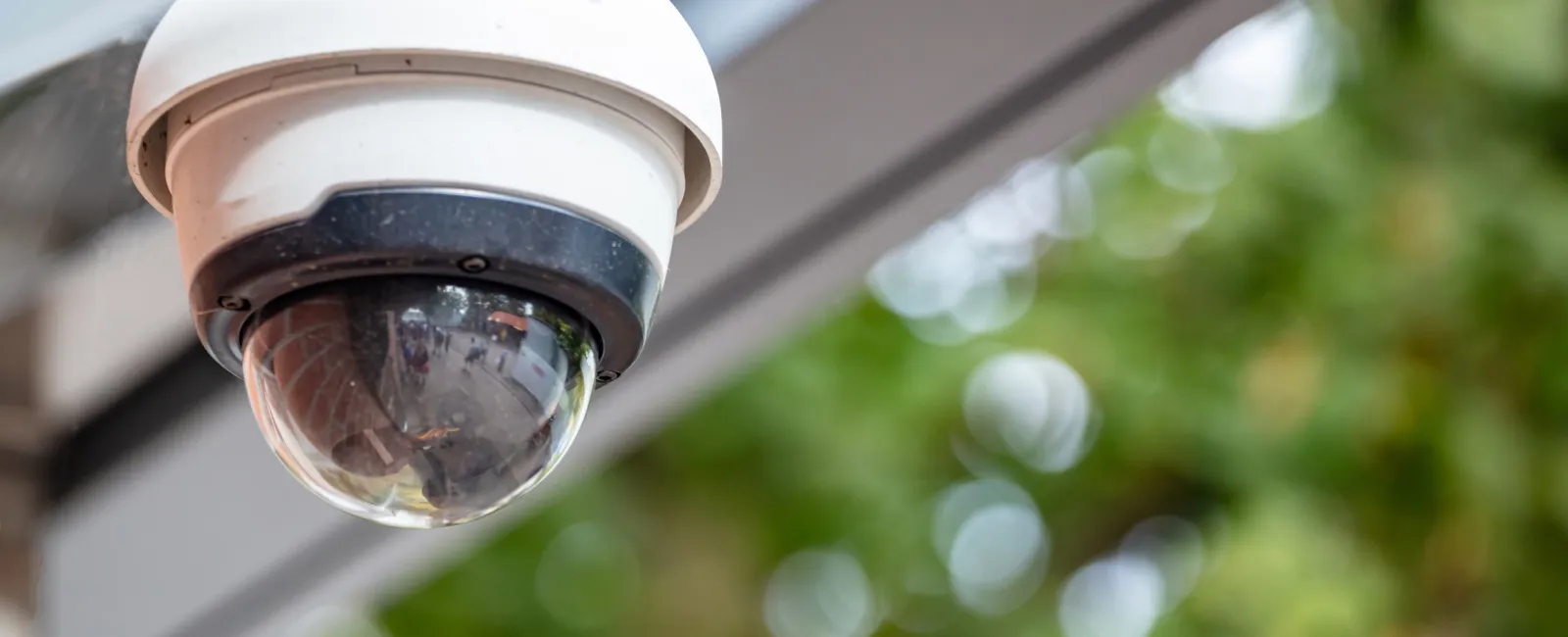If you're considering installing a security system, you might be wondering whether wired or wireless security cameras will provide better protection. The answer is—it depends! Both options offer unique advantages depending on your property, lifestyle, and security priorities.
Before diving in, it's important to note that "wired" and "wireless" refer to how the camera transmits data, not how it's powered. Both typically require a standard power outlet, while some wireless cameras run on batteries ("wire-free"). Despite similar power requirements, these camera types differ greatly in how they monitor and store security footage.
Cost Comparison
There are three primary cost factors to consider:
- Equipment Cost: Wireless cameras generally cost more upfront than wired models.
- Installation: Wired cameras usually require professional installation, making them more expensive to set up.
- Monthly Fees: Wireless cameras often require a cloud storage subscription, adding ongoing costs. Wired systems usually have no monthly fees since data is stored locally.
Wired Cameras: Lower equipment cost but higher installation cost. No ongoing cloud fees.
Wireless Cameras: Higher upfront cost, but can often be installed by the user. Monthly fees for cloud storage depending on provider.
Data Security
Security doesn't end at the camera—data protection is just as important:
Wired Cameras: Data is stored on-premise. Secure from hacking, but vulnerable to physical tampering if wires are exposed and cut.
- Wireless Cameras: Data is stored in the cloud. Potential risk of hacking, but can be secured with strong passwords and two-factor authentication.
Wireless cameras are also easier to mount discreetly or out of reach, adding a layer of physical protection.
Connection Reliability
Wired Cameras: Offer the most reliable and consistent connection with high-quality footage. Not affected by internet slowdowns.
- Wireless Cameras: Dependent on Wi-Fi strength. Weak or inconsistent signals may result in blurry or delayed footage.
Tip: Place wireless cameras near your router and ensure high-speed internet to maintain quality footage.
Continuous vs. Passive Monitoring
- Wired Cameras: Best for continuous monitoring. Constant recording is easy and cost-effective.
- Wireless Cameras: Often support motion- or sound-activated recording to reduce data storage costs. Ideal if continuous recording isn't needed.
Property Type & Flexibility
- Wired Cameras: Best for permanent installations. Great for homeowners and business owners who don't plan on relocating equipment.
- Wireless Cameras: Ideal for renters or those who may want to move or adjust camera placement. Flexible and portable.
So, Which Is Better?
- Choose wired if you need constant monitoring, high-quality footage, and don't mind a more involved installation.
- Choose wireless if you prefer easy setup, mobility, and smart features like app control and cloud storage.
No matter which type of system you choose, Ackerman Security has you covered with 24/7 monitoring and expert guidance.
Schedule a Free Consultation
Still unsure which system is right for you? Let an Ackerman Security technician help you design a custom solution. Contact us today for a free consultation and experience peace of mind with our trusted protection solutions.
Ackerman Security — Smart. Secure. Reliable.






